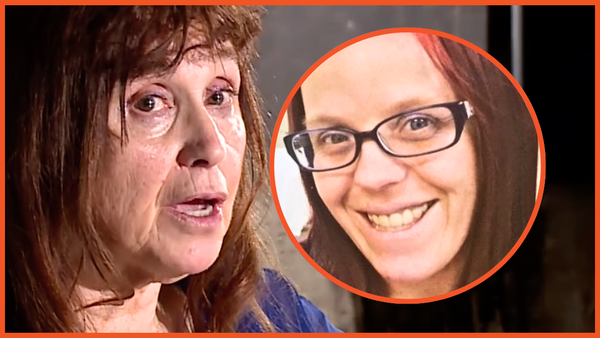Regions that became pandemic property "hotspots" have led sharp falls in Queensland's housing market in the latest quarter, new data has revealed.
CoreLogic's regional market update reported sharp declines in the price of houses in some of Australia's most popular regional markets in the three months to October.
The Sunshine Coast recorded the highest fall in regional Queensland, down 7.1 per cent, followed by the Gold Coast, where house prices dropped by 6.4 per cent.
CoreLogic's head of research in Australia, Eliza Owens, said house prices across regional Queensland suffered a downturn over the past quarter, declining by 5 per cent overall from a peak in June.
"To October, values across regional Queensland were still sitting 36 per cent higher than where they were at the onset of COVID-19, but what's very clear is that if you look at the data month-to-month prices are starting to turn," she said.
"That high-end expensive, lifestyle area of the regional Queensland market is really now leading a decline."
Units recorded a more moderate drop in prices, down about 3 per cent across regional Queensland since June.
Ms Owens said rising interest rates were beginning to hit buyers in their hip pocket, driving the cooling trend.
"The amount of money that people can borrow for housing is constrained," she said.
"It also is reflective of the higher inflationary environment, where households are facing higher rents, a higher cost of living, so a lot of people are probably finding it more difficult to gather a deposit for housing as well."
Justin Voss, who runs a real estate agency on the Sunshine Coast, said he hadn't noticed a fall in prices, but slowing migration to Queensland from interstate and rising interest rates meant it was taking longer for sellers to find prospective buyers.
"The one big change that we're seeing is that days on market has increased," he said.
"But that's economic confidence, that's not a snapshot of the market, and price is a different thing."
CEO of the Real Estate Institute of Queensland, Antonia Mercorella, said real estate agencies were reporting slowdowns in property markets across most of Queensland, but so far it wasn't cause for concern.
"It is important to understand that those same regional markets have experienced pretty extraordinary growth for a number of years," she said.
Ms Mercorella said the market would likely continue to slow, at least until interest rates stabilised. But she said home owners on the Gold and Sunshine coasts still had "plenty of reason" to be confident.
"When we look at those markets of Gold Coast and Sunshine Coast, what we know about those markets is that they're lifestyle destinations.
"They're always perennially popular and I think we will continue to see those markets performing well into the future."
Central Queensland shows modest increase
Central Queensland was the only regional Australian market analysed that recorded an increase in house prices over the quarter – a modest 0.1 per cent.
"If you look at areas like Wide Bay, Townsville these are starting to trend down between 1 and 3 per cent over the past three months," Ms Owens said.
"It's definitely an instance of the more expensive markets leading the downturn, but that downturn is starting to become more geographically broad based."
But Ms Owens said it was too early to tell whether the regional market "bubble" had burst.
"Unfortunately, when it comes to a bubble burst, you can't really tell until after the fact. I think we're a bit early on into this downswing to know whether that's really the case, or whether values just start to go up again once the interest rate cycle is done tightening and starts to come down.
"Values are down about 4.5 per cent from the peak, but they're still sitting 36 per cent higher than a couple of years ago. We've got a long way to go before the total value of the past few years has eroded.
"This looks to me like a bit of a correction in response to some of the extremities we've seen in interest rates."
Brisbane also recorded a steep downturn in dwelling prices.
"The Brisbane housing market saw a peak in values in June of this year and so far, values have come down about 6.2 per cent from that point," Ms Owens said.
Rental market at 'critical levels'
While house prices look to be going down, she said the rental market remained at "some of the most critical levels we've ever seen", particularly on the Sunshine Coast and Gold Coast.
"It is a very disruptive and very dangerous situation, because we know that tight rental markets are one of the many conditions that can actually increase the risk of unstable housing and insecure housing," she said.
"If you're expecting a lease to be renewed, you can probably expect the asking rents to go higher.
"It might actually incentivise more people to buy if they have the money to do so, but if not, I think we're probably going to see things like higher density living the re-formation of share houses or even people just trying to move to other areas to try and seek more affordable housing."







